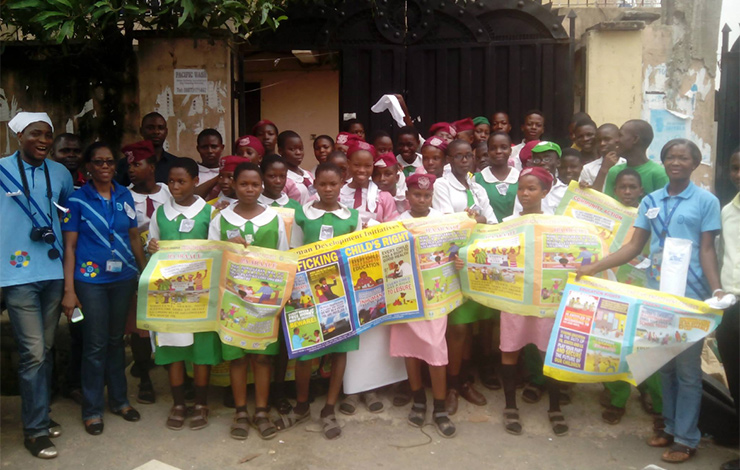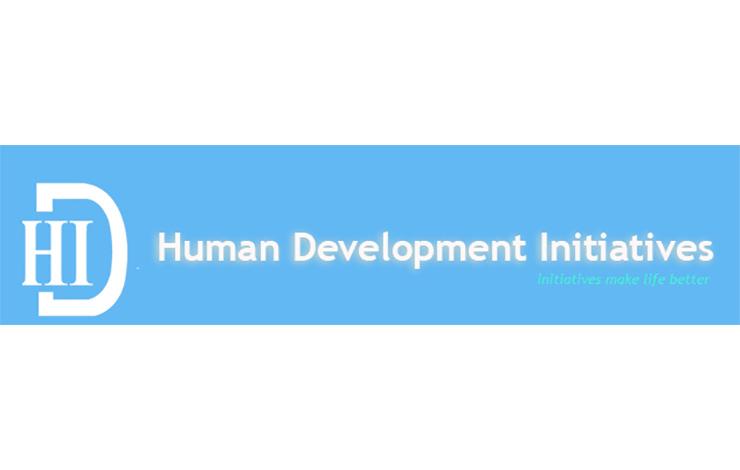To increase awareness and understanding about the rule of law in Nigeria and to emphasize the media’s role in holding the government accountable, HDI worked with the local media to develop the radio program “Rule of Law Watch.” This radio program addressed rule of law and human rights issues and highlighted government agencies and NGOs that could provide legal aid and dispute mediation services to listeners.
Challenge

Despite Nigeria being a fledgling democracy, it still suffers from weak government institutions, systemic corruption, and a high vulnerability to political and economic shock. The disregard for laws and the denial of justice in the criminal and and civic judicial systems are notorious. Unfortunately, Nigeria's poorest citizens, who make up over 60% of the population, bear the burden of this inefficiency, disregard for law, denial of justice, and endemic corruption. Nigeria's independent media fails at effectively publicizing government corruption - partly due to ignorance about the rule of law, and partly because journalists may find themselves subject to arrest and intimidation when reporting on issues that implicate Nigeria's political and economic elite. Despite these challenges, the radio continues to be one of the most effective ways to reach Nigeria's mass rural population.
Program Summary
To increase awareness and understanding about the rule of law, and to underscore its role in holding government more accountable to the people, Human Development Initiatives (HDI) worked with local media to develop a rule of law radio program, “Rule of Law Watch.” Through the radio program, basic concepts of the rule of law were broadcast throughout Nigeria. In addition, the radio served as medium for citizens and government officials to call in and have discussions about government accountability.
Impact
The radio programs were very successful in educating listeners and helping them understand issues of human rights infringement. Because radio has such a far range and can reach vulnerable populations (i.e. the poor, women, rural and other disadvantaged persons) of various generations and literacy levels, the program was able to reach a broad range of audiences. In addition, now that many mobile phones in Nigeria have radio transceivers, many young people, often more technologically-inclined, were able to hear the radio program and participate in on-air discussions using SMS messages to send in their questions about the rule of law. In addition, the project linked listeners to agencies, the Office of the Public Defender and the Citizens Mediation Center, that assist the poor in legal aid, protection of human rights, and the mediation of disputes.
Partners
Human Development Initiatives was the lead partner, working in collaboration with the media and telecommunications partners.


